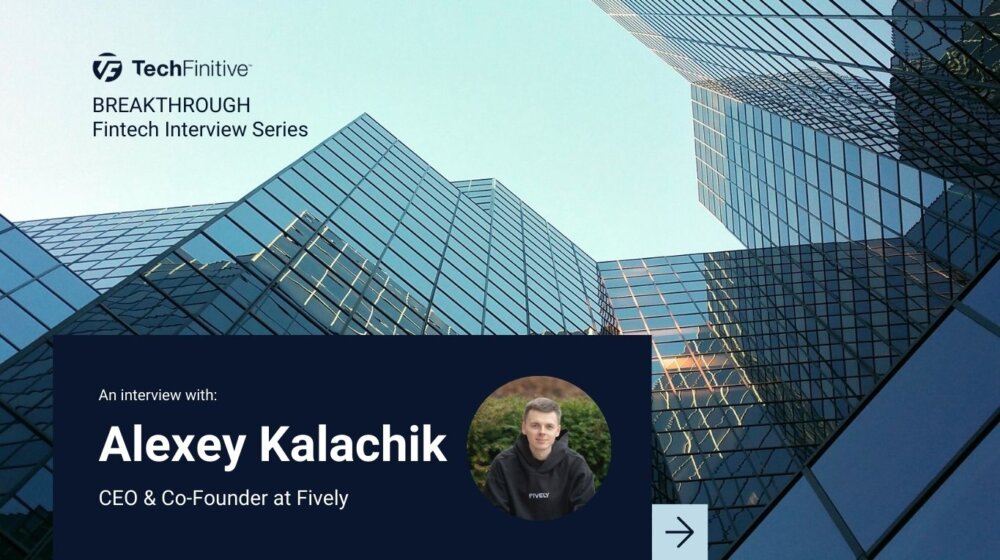
Matthew Robinson, Vice President of Marketing APJ at Contentsquare: “Brands need to shift their focus to understanding user intent in real-time”
Matthew Robinson is Vice President, Marketing, APJ at Contentsquare – a company you may not have heard of, but is trying to make the internet better. How? Because it knows if websites are irritating its visitors, whether that’s through over-invasive ads or poor navigation.
To put that another way, Contentsquare is a digital experience analytics platform. And although ultimately its work will result in happier visits for users, it also helps marketers and brands understand and quantify their customer behaviour. And that, of course, means more revenue.
So, as someone whose job boils down to making the internet better for both companies and end users, we were intrigued to hear how Matthew envisioned the role of AI. And his answer is “unpopular”, says Matthew, but we’ll leave you to discover why…
Why Dust or Magic? That stems from a quote by legendary American advertising creative director, William Bernbach: “An idea can turn to dust or magic, depending on the talent that rubs against it.” (And if you’re wondering where you’ve heard the name, Bernbach was the inspiration behind Don Draper of Mad Men fame.)
Could you please introduce yourself to our audience? What motivated you to pursue a career in marketing, and how did you embark on your journey in this field?
My career as a tech marketer kicked off over a decade ago in the UK. I find the industry fascinating as the space is constantly evolving, and as a marketer, you’re adapting and reacting, exploring new ways to go to market, and refining your methods.
Coming from an AB testing company, I always felt there was a missing piece in the digital experience space until I came across Contentsquare, which filled that unmet need. We provide brands with actionable insights to understand user intent on their platforms by tracking every frustration, scroll, click, hover, exposure and hesitation. Ultimately, we are helping build more intuitive online experiences for everyone.
My role at Contentsquare has taken me around the world – from the UK to Northern Europe and the Middle East and since 2020, Asia Pacific and Japan. I now lead marketing for Contentsquare in the region, based out of Singapore. I really enjoy the challenge because Asia is such a different beast because the region is made up of such diversity and hence requires a tailored approach to navigate the different time zones, languages and market challenges.
What are your thoughts on the escalating integration of AI in digital marketing and its potential influence on the future of marketing, Martech and social media?
Unpopular opinion, but the impact of AI on marketing won’t fundamentally transform the way businesses go to market overnight; it will definitely be transformative, but I suspect this won’t be the abrupt shift that many worry about (or fear).
Marketing teams should initiate the process with practical improvements, exploring how AI can save time, enhance prioritisation, and increase overall team efficiency. As a priority, we should look at incremental changes, such as how AI can make content production more efficient and allow personalisation efforts to scale and capture call notes faster with greater accuracy.
I don’t believe that AI will fully replace roles like copywriters or designers as these jobs and other similar will always require human empathy and understanding of nuances.
As AI continues to advance, we anticipate unparalleled levels of personalisation. Each product, recommendation and interaction is designed to feel uniquely tailored to you. By analysing customer data and online visitor behaviour, AI has the capability to craft highly personalised, intuitive experiences that extend across channels.
AI alerts can also flag and identify glitches or errors causing negative experiences on your site or app. It can even predict potential roadblocks or points of friction in the customer journey and proactively address them. This means fewer abandoned carts, frustrated customers, and more successful conversions.
Precision micro-targeting AI can help analyse vast data sets to identify patterns and preferences, helping businesses target their audience precisely. This level of precision improves the customer experience and maximises ROI for businesses.
How do you ready yourself for an AI-driven landscape as a marketing leader? What new skills do you need?
Marketers have continually adapted and acquired new skills over the years, whether navigating emerging social media platforms, adopting new technologies, or embracing innovative approaches to data tracking and analysis.
For marketers venturing into the evolving AI landscape, the key lies not so much in specific skills but in embracing curiosity and openness toward exploring novel technologies and ideas and seeking innovative ways of accomplishing tasks. This often involves self-education, a healthy appetite for content consumption and personal research. To thrive in this landscape, there’s a need to maintain a strong focus on strategy and goals, understand the broader environment and challenges to determine how to get the results you want.
Related reading: AI copyright: should your business be worried?
Looking ahead to 2024, what AdTech trends do you expect to dominate?
With the impending demise of third-party cookies, marketing teams must shift their emphasis toward intent and privacy. As privacy concerns rise and an increasing number of users opt out of cookie tracking, brands must explore alternative ways to personalise user experiences.
The era of indiscriminate mass mailing and “spray and pray” strategies is ending. Instead, businesses are recognising the value of personalised and targeted approaches to better connect with consumers based on their behaviours and preferences. Brands need to shift their focus to understanding user intent in real-time.
The key differentiator will be the customer experience. It’s crucial to understand online behaviour, especially the interactions between clicks. This aligns with the increasing demand for security and privacy, prompting brands to prioritise understanding users’ behaviour over their identity.
Certainly, there will be a heightened emphasis on security and privacy, which serve as the foundational pillars of trust placed by consumers and users upon brands. The platforms that bolster security and privacy and provide their customers with exceptional experiences will emerge as leaders.
What core values have played a pivotal role in shaping your approach to marketing and communication?
Curiosity and courage are two values that guide my approach as a marketing leader. One of the best things about my role is the vast scope for trying out new things, which makes for exciting, varied days. Contentsquare has been around for 11 years but I love how the company’s culture still emphasises innovation and experimentation. We still operate with the agility (and enthusiasm) of a startup, allowing all teams the unique opportunity to make an immediate and lasting impact.
It’s important for marketing to stay curious to explore new ideas, trends, and technologies and find innovative solutions. On the other hand, courage allows us to take calculated risks in marketing, sometimes stepping outside our comfort zones to try new approaches. Our team continues to learn, sometimes fails but ultimately becomes better every day, whether working on high-level strategy or going right down to the weeds of execution.
Related reading: What will the digital landscape look like in 2028?
What piece of advice would you offer to fellow marketing leaders that has been particularly beneficial to you personally?
I am a huge believer in ringfencing time for creativity, and I encourage my team members to set aside dedicated and protected time for creative thinking. This is important in a culture where we promote curiosity and experimentation, so team members know new ideas and innovation are valued by the organisation.
In the same vein, we also apply the concept of the “5%” where I encourage my team to dedicate 5% of their work week to doing something outside of their tasks. That could be listening to a podcast while taking a walk, reading a book or joining a few sessions at a conference – it’s usually away from the desk where new ideas are formed.
I would also stress the importance of community in marketing. It’s important for marketers to recognise the wealth of expertise and resources that exist beyond the marketing team. Make the effort to connect with and learn from the people with the right expertise.
What Martech technology has your company recently embraced and what difference has it made to your business?
The growing complexities of customer journeys mean that at Contentsquare, we are constantly looking for ways to elevate our customers’ view of their customer experience and enable their teams to understand why people behave the way they do online.
Recently, Contentsquare integrated Heap’s Product Analytics into our platform capabilities with deeper and broader insights. This acquisition combines two complementary industry players, unlocking a new era of customer insights and redefining how businesses and organisations understand and optimise their customers’ online experience.
This acquisition allows the company to accelerate its product vision, enabling the delivery of an all-in-one analytics platform that will serve as an advanced alternative to traditional analytics.
NEXT UP

Alexey Kalachik, CEO & Co-Founder at Fively: “The potential for digitalisation within insurance is enormous”
We interview serial entrepreneur Alexey Kalachik, CEO & Co-Founder at Fively, on the future of fintech and what makes this space so exciting for startups.

IBM bolsters AI push with Microsoft Copilot launch
In a bid to boost its AI offering, IBM Consulting will enable enterprises to create and manage AI copilots – including Copilot for Microsoft 365

Andrew Kay, Director of Systems Engineering APJ at Illumio: “The most worrying development with ransomware is that it has evolved from simply stealing data to impacting IT availability”
Andrew Kay, Director of Systems Engineering APJ at Illumio, has 20 years’ experience helping organisations strengthen their cyber resilience. We interview him as part of our Threats series on cybersecurity.